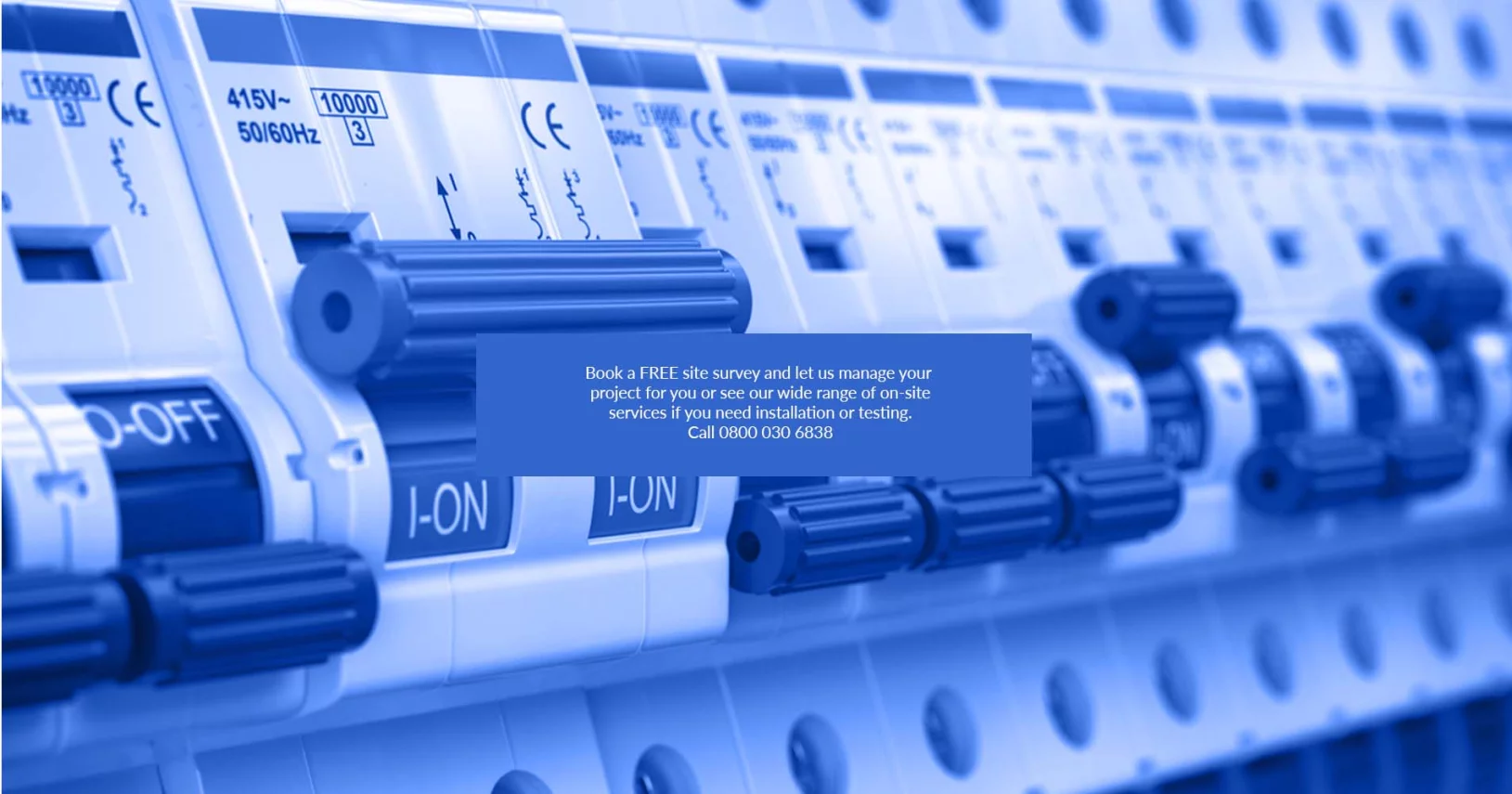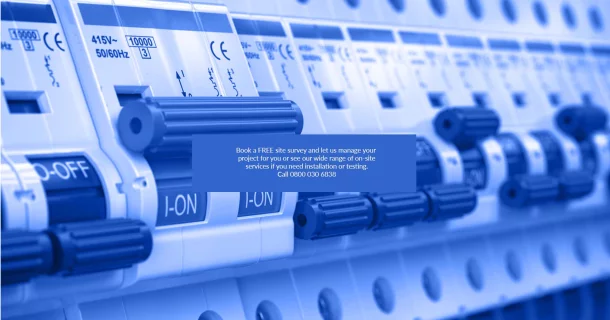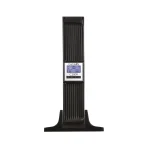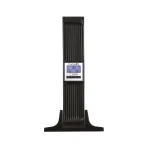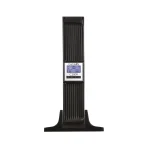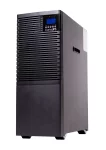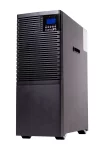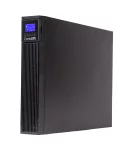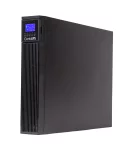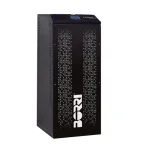Uninterruptible power supplies include automatic battery testing which is completed every 24hours but this only tests the viability of the complete battery set. Each battery set is made up of battery strings and battery blocks. The individual battery blocks should be tested once a year during a preventative maintenance visit by an engineer qualified to work with DC voltages. The testing can be made with a suitable handheld battery tester using inductance and/or impedance testing. A fixed individual battery monitoring system is a more expensive solution but would provide 24/7 monitoring for each individual battery block and battery string. Battery testing at the block level helps to identify batteries that may be ageing more rapidly than others within the string and so assist with planning replacement before any detriment to the overall battery capacity.
UPS Battery Backup
Uninterruptible power supplies with the ability to provided extended battery backup for longer runtime periods. For a UPS system to provide longer runtime the internal battery set must be increased in capacity (Ampere-hour/Ah) or additional battery sets need to be connected to the UPS system. The battery sets may be in delivered in self-contained battery extension cabinets or require battery installation on site into a battery cabinet or onto a battery rack or stand which may be cladded or open. Additional battery backup may also requires additional charging current which is provided by the UPS or an additional battery charger. See the individual products for specific runtime options or our overall extended runtime tables.
- UPS Systems (599)
- UPS Solutions (600)
- UPS Technologies (584)
- Power Distribution (252)
- Backup Power (458)
Extended Runtime UPS Systems
UPS systems with extended runtime battery packs include line interactive and online topologies. The larger battery set may be designed for internal placement inside the main UPS cabinet or supplied as an external battery kit. These kits can sit inside a plug-in or hardwired battery cabinet, rackmount tray, or battery stand (which may be cladded or uncladded). To select a runtime, refer to our extended runtime table.
Single Phase Extended Runtime UPS
Our projects team can size single-phase UPS systems with extended runtime battery packs from 1kVA to 20kVA. UPS battery packs below 10kVA will use plug-in DC or hardwired terminal connections. Above 10kVA, the UPS battery extension packs are hardwired. The UPS rectifier is used to charge the extended battery set. If there is not sufficient recharge amperage, the battery extension cabinet will have its own internal battery charger, which will be AC powered and require connection to a local mains power supply.
Please refer to the runtime tables for each UPS product for a list of the extended runtimes per kVA or kW rating.
Three Phase UPS Long Battery Runtimes
The three-phase UPS available from Server Room Environments have standard battery runtimes as shown on their product pages or can have an extended battery set calculated for them. The battery will either be internal or provided in a separate battery extension cabinet or on a cladded or uncladded stand. The battery cabinet and stand can be supplied built or in flat-pack mode for assembly on site. Due to its size and weight, the UPS battery set will require on-site installation. Three-phase battery runtime packs are available from 10kVA upwards.
Modular UPS Battery Packs
For some modular UPS, the battery packs may use plug-in battery cartridges. These are designed to plug directly into the UPS frame and connect to the DC Bus of the UPS. Where this is not possible or if a longer battery runtime is required, the battery set is
supplied in an external battery cabinet or stand.
Lead Acid and Lithium-ion Batteries
The standard battery for a UPS runtime pack is a lead-acid maintenance-free battery. This type of battery is ideal for standby power applications and infrequent charge/discharge cycles. The battery charging rate is typically sized to provide 80%
recharge within 24 hours. Some UPS systems can be supplied with alternative lithium-ion batteries. These UPS require a modified or separate battery management system, designed specifically for the unique characteristics of a lithium battery set.
Lithium UPS batteries recharge faster than lead-acid batteries, are more temperature tolerant, have a longer design
life (10 years or more), and are better suited for rapid charge/discharge cycles, making them ideal for use in energy storage systems.
For more information on extended runtime UPS battery packs, please contact our projects team.

Earn SRE points on all online purchases with double points on selected products
























